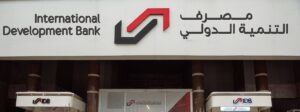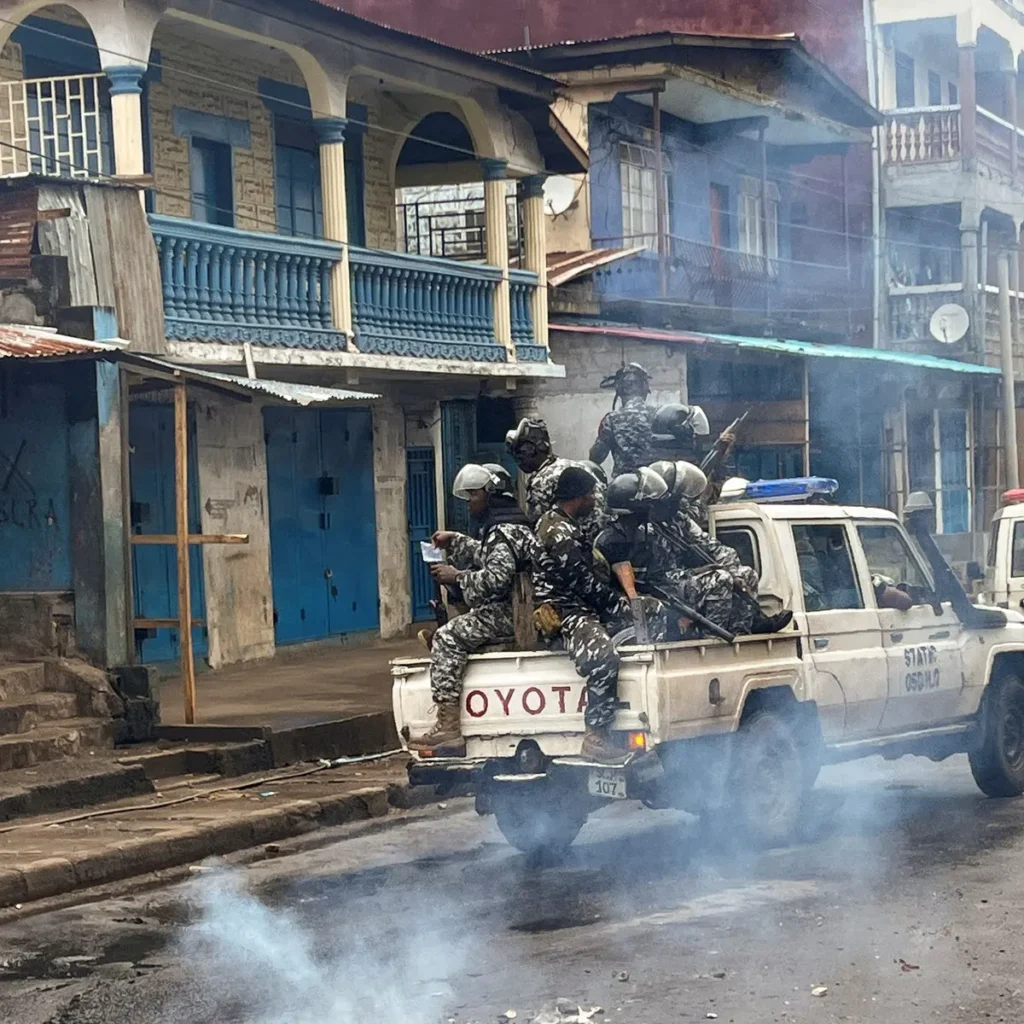- With mounting frustration due to an ailing economy, rising unemployment and looming deadly protests, Sierra Leone heads to the polls today, Saturday, June 24, to select their next president.
- As Sierra Leone goes to the polls today, the citizens will look to choose the best promise for an economic rebuild.
- President Bio has faced growing criticism for Sierra Leone’s economic crisis.
Until the 2014 Ebola outbreak, Sierra Leone sought to attain middle-income status by 2035. However, the country still carries its post-conflict attributes of high youth unemployment, corruption, and weak governance. Consequently, Sierra Leone finds itself in an economic crisis with the daunting challenge of enhancing transparency in natural resources management its natural resources and creating a development fiscal space. Despite remarkable strides and reforms, weak infrastructure challenges and widespread rural and urban impoverishment persist.
External and domestic economic shocks disrupted Sierra Leone’s post-pandemic recovery, exacerbating existing macro-fiscal vulnerabilities and plunging Sierra Leone into a severe economic crisis. In Sierra Leone’s presidential poll today, the citizens will look to choose the best promise for an economic rebuild.
Economic challenges and risks
Concurrent global and domestic shocks have contributed to Sierra Leone’s economic crisis, hampering development. According to the IMF, the West African nation’s macroeconomic management remains weak. Inflation has soared, fiscal pressures intensified, and the debt burden worsened.
Domestic imbalances, global supply chain interruptions, exchange rate depreciation, and trade terms alterations have contributed to the rising cost of living, weakening growth, and declining macroeconomic fundamentals. This situation threatens to raise poverty levels in the context of insufficient social safety nets.
Domestic and external economic developments intertwine with Sierra Leone’s economic outlook. Elevated inflation from food and energy price fluctuations and less accommodative monetary policy in advanced economies could further affect the global economy and domestic growth.
For Sierra Leone, political stability, reform appetite and the effectiveness of the incoming government’s economic policy will contribute to domestic macroeconomic stability and resilience amid global uncertainties.
Read more: Inside Sierra Leone’s worrying debt situation
Economic growth outlook
The estimated GDP growth rate for Sierra Leone in 2022 was revised downwards to nearly 3 per cent, signifying a reversal of the positive resurgence observed in 2021, when GDP grew by 4.1 per cent after a contraction of 2 per cent in 2020. 2022 overall inflation averaged 27 per cent, compared to 12 per cent in 2021. Inflation intensified despite a decrease in global food and energy prices due to a 60 per cent depreciation of the Leone throughout 2022 and fragile fiscal policies.
The Bank of Sierra Leone tightened its monetary policy stance in 2022. However, struggling financial markets, fiscal dominance, and Leone’s redenomination hampered the efficacy of monetary policy. The fiscal deficits and debt sustainability concerns have intensified. As a result of Central Bank operations in the Forex market, external accounts also diminished, and reserves fell to around three months of imports by the end of 2022 (from close to four months in Q3).
Experts have projected Sierra Leone’s economy to grow at 3.8 per cent on average during 2023–25, below its long-term average. However, the government must step up efforts to restore macro stability through prudent monetary policy and fiscal discipline, sustain the growth of iron-ore mining operations, and modestly ease inflationary pressures.
Fiscal discipline remains crucial to reinstating macroeconomic stability, with the fiscal deficit projected to decline below 3 per of GDP by 2025. However, this remains vulnerable to some downside risks, particularly considering the recent expenditure overruns and fiscal slippages, which have raised concerns about the budget process’ credibility.
Sierra Leone’s presidential election
Thirteen people have offered their candidacy for Sierra Leone’s presidential poll. However, experts have predicted a two-horse race between incumbent President Julius Maada Bio — elected in 2018 and seeking his second term — and Samura Kamara, the head of the All-People’s Congress Party, Sierra Leon’s leading opposition group.
The winner of the presidential poll needs 55 per cent of the vote for a first-round victory, or Sierra Leone goes into a runoff within two weeks.
More than three million people registered to vote in the election. Today’s poll marks the country’s fifth presidential poll since the brutal 11-year civil war ended over two decades ago. The war destroyed Sierra Leone’s economy and killed thousands of people. The country has witnessed two peaceful political transitions since, from the ruling party to the opposition party.
Sierra Leone’s economic crisis protests and political upheaval
President Bio has faced growing criticism for Sierra Leone’s economic crisis. Nearly 60 per cent of the country’s seven million people face poverty, with youth unemployment among the highest in West Africa. Multiple deadly anti-government protests rocked the country, calling for President Bio to step down from power. Fueled by a rise in the cost of living, the latest protests in August 2022 left dozens of people dead.
Sierra Leone’s Political Parties Regulation Commission (PPRC) banned street rallies, which often degenerate into violence. However, the opposition opposed the ban, saying it infringes on the freedom of movement. Local Councils were dissolved on March 1 amidst complaints from the opposition that it was done outside the constitutional provision.
Moreover, Sierra Leone’s presidential poll also comes during a surge of regional political upheaval, with deadly clashes between supporters of the opposition leader, Ousmane Sonko, and police in Senegal as well as military coups in Burkina Faso and Mali.
“We’ve seen this democratic backsliding in the region. So if Sierra Leone’s (presidential) election is free, fair and credible, it could be a bellwether for regional democracy,” said Jamie Hitchen, a political analyst focused on Sierra Leone and an honorary research fellow at the University of Birmingham.
A tight presidential race
Many expect today’s vote to be a tight race. The presidential poll could prove a reverse of the 2018 polls where President Bio —an opposition candidate — faced Kamara from the then-ruling party, whom the former president had handpicked as his successor.
President Bio narrowly beat Kamara in a runoff by a margin of less than 5 per cent, mainly supported in the eastern and southern districts. Kamara garnered support from the western and northern regions.
A former military leader, President Bio, assumed office promising to end rampant corruption. Analysts point out that he invested in the fight against corruption. Consequently, Sierra Leone ranked 110 on Transparency International’s corruption index in 2022, up from position 129 when Bio took office. But Sierra Leone’s economic crisis has drawn criticism, with citizens taking to the streets to protest widespread poverty.




